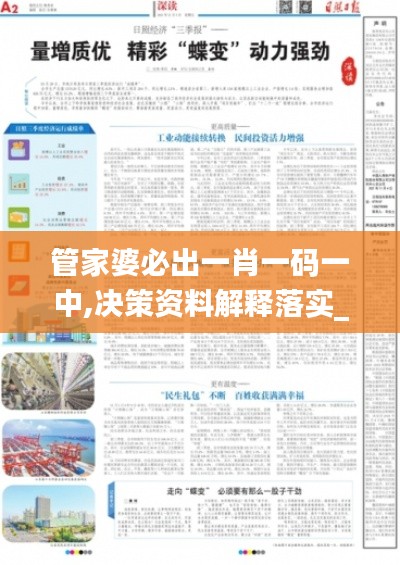Introduction to Digital Economy
The digital economy has emerged as a transformative force in the modern world, reshaping industries, economies, and the way we live. It refers to the economic activity that is driven by digital technologies, including the internet, mobile devices, cloud computing, and big data analytics. This article delves into the rapid development of the digital economy and its implications for various sectors.
Evolution of Digital Economy
The digital economy has evolved significantly over the past few decades. Initially, it was driven by the rise of personal computers and the internet, which enabled the creation of new digital products and services. The dot-com bubble of the late 1990s marked the first major wave of digital innovation, with companies like Amazon and eBay revolutionizing e-commerce. Following this, the mobile revolution took hold, with the advent of smartphones and mobile applications. This led to the growth of mobile commerce, social media, and mobile payments. The rise of cloud computing further accelerated the digital economy, allowing businesses to scale their operations and access vast amounts of data and computing power.
Key Drivers of Digital Economy Growth
Several key factors have contributed to the rapid growth of the digital economy:
Technological Innovation: Advances in technology, such as artificial intelligence, machine learning, and blockchain, have opened new avenues for digital innovation and have become integral to the digital economy.
Increased Connectivity: The expansion of high-speed internet and mobile networks has connected billions of people, creating a global marketplace for digital goods and services.
Data Analytics: The ability to collect, analyze, and interpret vast amounts of data has enabled businesses to make more informed decisions and create personalized experiences for customers.
Entrepreneurship and Innovation: The digital economy has fostered a culture of entrepreneurship, with startups and small businesses leveraging digital platforms to disrupt traditional industries.
Impact on Various Sectors
The digital economy has had a profound impact on various sectors:
Finance: Digital banking, mobile payments, and fintech startups have transformed the financial industry, making transactions faster, more accessible, and more secure.
Healthcare: Telemedicine, electronic health records, and wearable technology have improved patient care, increased efficiency, and reduced costs.
Education: Online learning platforms and digital resources have democratized access to education, allowing people from all over the world to learn and acquire new skills.
Manufacturing: The integration of digital technologies in manufacturing processes, known as Industry 4.0, has led to increased productivity, automation, and customization.
Challenges and Concerns
While the digital economy offers immense opportunities, it also presents challenges and concerns:
Privacy and Security: The digital economy relies on vast amounts of personal data, raising concerns about privacy and the potential for data breaches.
Displacement of Workers: Automation and artificial intelligence could displace workers in certain sectors, leading to job losses and income inequality.
Regulatory Challenges: The rapid pace of technological change has outpaced regulatory frameworks, making it difficult to govern digital markets effectively.
The Future of Digital Economy
The future of the digital economy looks promising, with several trends shaping its trajectory:
5G Technology: The rollout of 5G networks will further enhance connectivity, enabling new applications and services.
Quantum Computing: Quantum computing has the potential to revolutionize data processing and solve complex problems, opening new possibilities for the digital economy.
Green Digital Economy: There is a growing emphasis on sustainability, with companies and governments seeking to reduce the environmental impact of digital technologies.
In conclusion, the digital economy is a dynamic and rapidly evolving field that has the potential to transform societies and economies. As we continue to embrace digital technologies, it is crucial to address the challenges and concerns that arise, ensuring that the benefits of the digital economy are shared equitably and responsibly.
转载请注明来自四川春秋旅游有限责任公司锦绣路分社,本文标题:《数字经济不断发展英语,数字经济在发展中的作用 》











 蜀ICP备17014439号-1
蜀ICP备17014439号-1
还没有评论,来说两句吧...